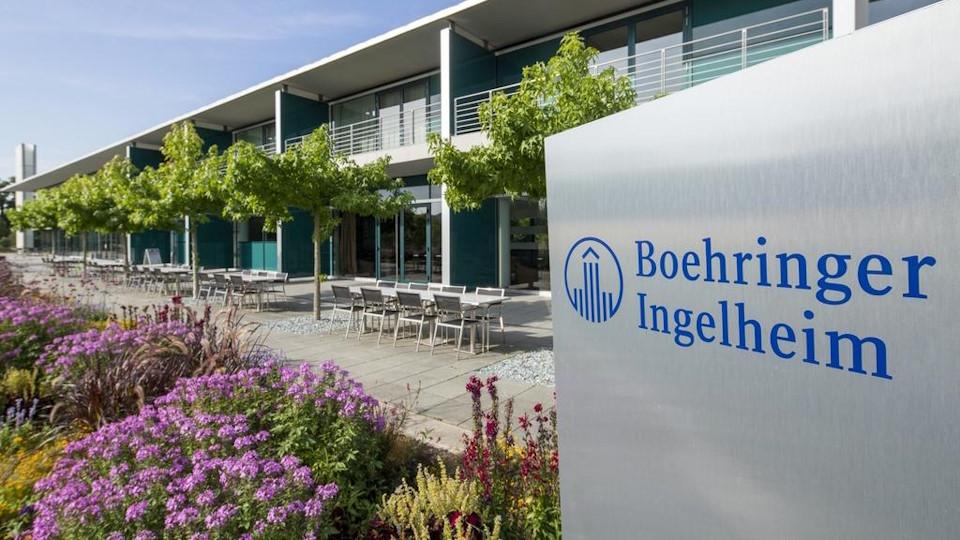Sanofi buys into Teva’s anti-TL1A therapy for IBD

In its second pipeline-boosting deal in two days, Sanofi has pledged €469 million (around $490 million) upfront for rights to an anti-TL1A therapy being developed by Teva for inflammatory bowel disease, joining a race to bring the first drug in the class to market.
Sanofi has acquired rights to co-develop and co-market Teva’s TEV-48574, currently in phase 2b testing for both ulcerative colitis and Crohn’s disease, with results expected next year. Along with the upfront payment, Teva is in line for up to €940 million ($990 million) in milestone payments, with the two companies sharing development costs.
TL1A or tumour necrosis factor-like ligand 1A has become a hot topic in IBD, with other candidates like Roivant’s RVT-3101 and MSD’s PRA023 currently slightly ahead, having cleared mid-stage testing with phase 3 studies planned.
MSD – known as Merck & Co in North America – acquired rights to PRA023 (now MK-7240) when it bought Prometheus Biosciences for $10.8 billion earlier this year, while Roche was recently rumoured to be eyeing a $7bn deal to buy RVT-3101, being developed by Roivant’s Telavant subsidiary.
“Anti-TL1As are a promising class of therapies, and we believe that TEV’574 could emerge as a best-in-class option for people living with serious gastrointestinal diseases,” commented Paul Hudson, Sanofi’s chief executive.
“This collaboration strengthens our commitment to advancing innovative treatment options for inflammatory conditions with a high unmet need and bolsters our goal to be an industry leader in immunology,” he added.
The TL1A drug would serve as a companion to Sanofi’s multibillion-dollar blockbuster Dupixent (dupilumab), which is approved across several indications, including atopic dermatitis, and is also in phase 3 testing for ulcerative colitis.
Under the terms of the deal, Sanofi will lead the phase 3 programme for TEV-48574, with the two partners sharing profits and losses in major markets. Teva will lead commercial operations in Europe, Israel, and various other countries, while Sanofi will head up marketing in North America, Japan, other parts of Asia, and the rest of the world.
The deal was announced just after Sanofi paid $175 million upfront to partner an experimental extraintestinal pathogenic Escherichia coli (ExPEC) vaccine developed by Johnson & Johnson’s pharma unit Janssen that aims to tackle a major cause of blood infections.












